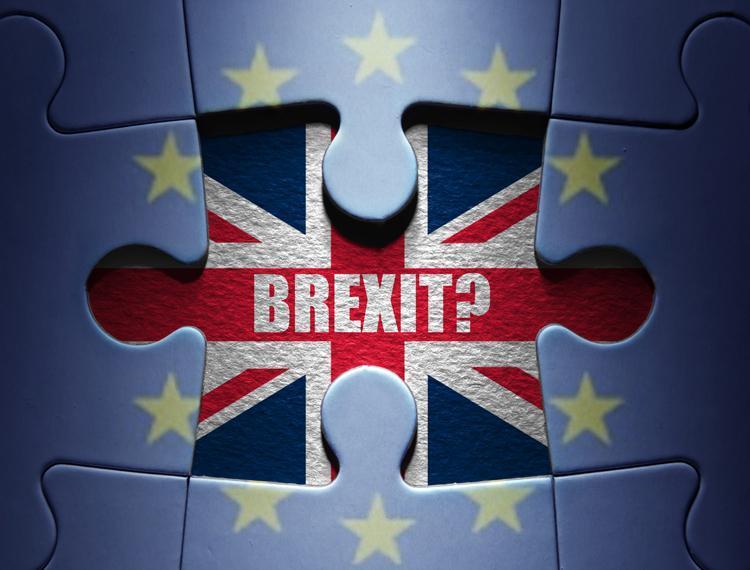Revealed: How British school kids think Brexit will affect them

As #Brexit tensions escalate to new heights in advance of the UK’s potential departure from the EU on Halloween, a poll of British school children today revealed their greatest worries about Brexit.
Quick revision and learning website, Education Quizzes, surveyed 602 school children aged 5–17 in the week ending 7 September and the results suggest they have a firmer grasp of economics than many grown-ups might think.
38% of the kids polled said the main impact of leaving the EU will be that everything will cost more – a risk which may prove very real if a tanking Pound and the imposition of WTO tariffs drive up the cost of Britain’s imports.
Meanwhile, 16% of the pupils polled said that one consequence of Britain leaving the EU is that Europeans will no longer like us. In a similar vein, 14% of those polled think that the UK leaving the EU will mean no more holidays in Europe. Zut alors!
It’s hard to know whether they’re rubbing their hands with glee, or disappointed, but 11% of kids think they will no longer need to study foreign languages from November on, as Brexit will mean we’re less likely to need them.
On a lighter note, 11% of the youngsters polled think British football teams will be banned from European football altogether, meaning Liverpool won’t be able to defend their Champions League trophy in 2020. 10% of respondents also believe Brexit will mean we’ll be kicked out of the Eurovision Song Contest.
Colin King, Founder, Education Quizzes, commented:
“Based on this evidence, the UK’s school kids have a better grasp of economics than many of us might think. Four in 10 of them believe that leaving the EU could see the price of things in the shops soar, which is certainly a possibility if the Pound weakens further and punitive tariffs are imposed. At the opposite end of the scale, just 10% of kids think we’ll be booted out of the Eurovision Song Contest if we leave the EU. Whether you’re Leave or Remain, there may be some benefit to the UK being spared another bruising round of ‘nul points’ from European viewers.”











Responses